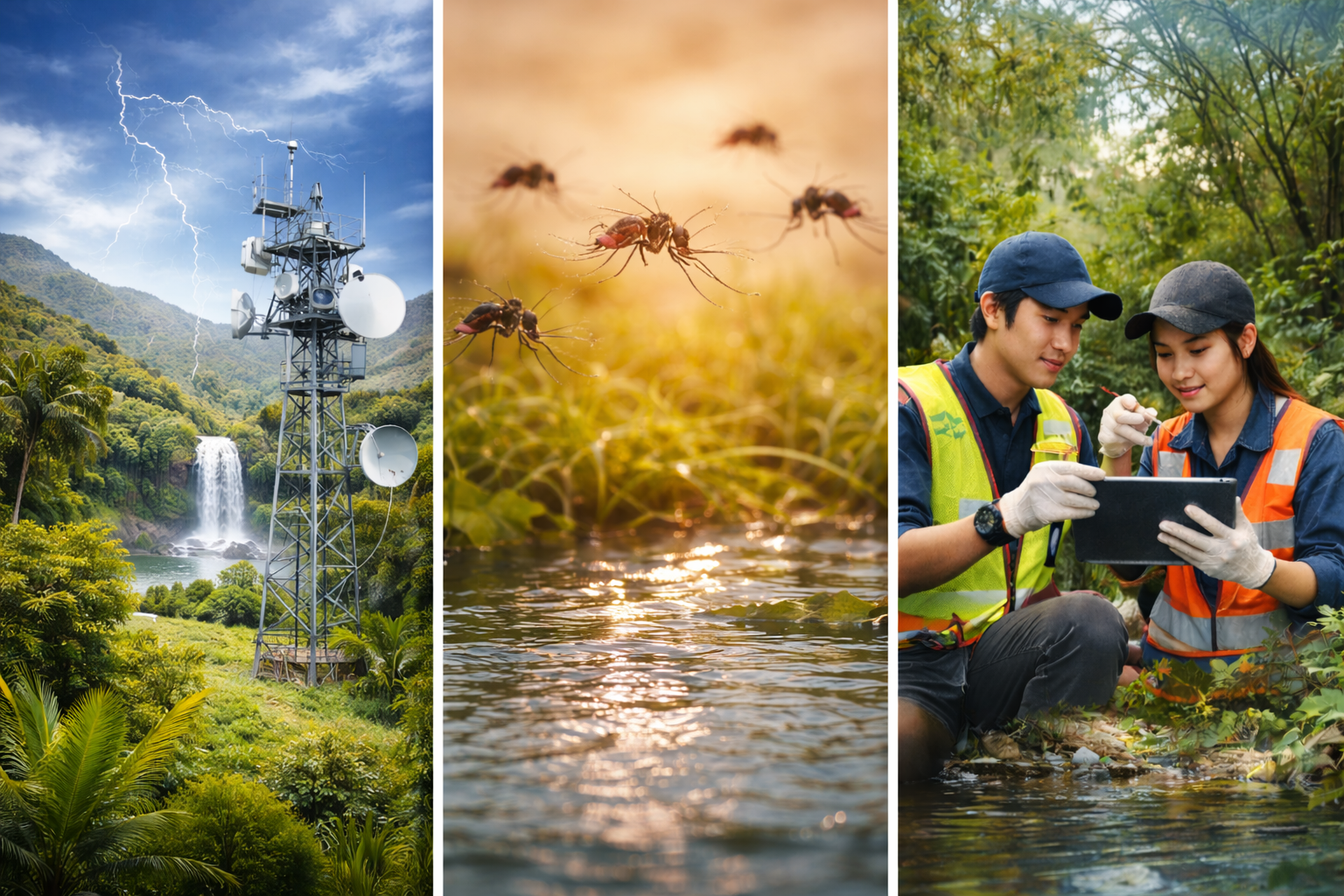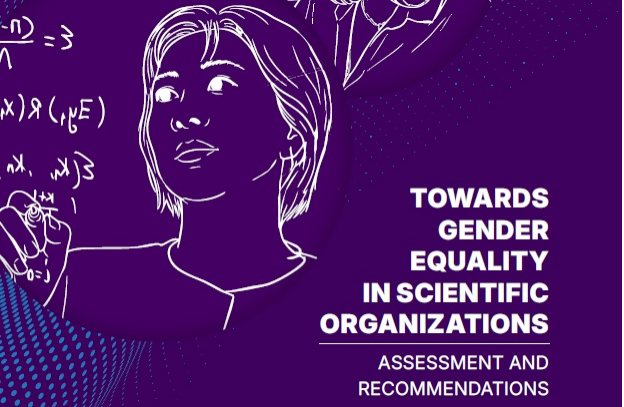South African mathematician elected as next President of the International Council for Science Professor Daya Reddy, an internationally recognized mathematician from South Africa, today became the new President-elect of the International Council for Science.
At the conclusion of the organization’s 31st General Assembly in Auckland, Reddy today was named the future President of the International Council for Science (ICSU). He was elected by representatives from ICSU’s 120 National Members and 31 Scientific Unions attending the meeting.
Reddy will take over from the current ICSU President, Gordon McBean, in October 2017. Reddy was born in Port Elizabeth, South Africa. He obtained his PhD degree in civil engineering from the University of Cape Town, and a PhD degree from Cambridge University.
He was appointed professor of applied mathematics at the University of Cape Town in 1989, and served as dean of its science faculty from 1999 – 2005. He currently holds the South African Research Chair in Computational Mechanics. He is President of the Academy of Science of South Africa, and serves as Co-Chair of the Inter Academy Council, a body which produces reports on scientific, technological and health issues for governments and global organizations. He is an elected fellow of TWAS and the African Academy of Sciences. He is a recipient of the Order of Mapungubwe (Bronze), awarded by the President of South Africa for distinguished contributions to science, and of the Georg Forster Research Award from the Alexander von Humboldt Foundation in Germany.
Daya Reddy’s research interests lie at the intersection of applied mathematics and engineering sciences. Much of his work is concerned with analysis and computational simulation in solid and fluid mechanics, and concerns the development of mathematical models of material behaviour, analysis of these models, and the construction and implementation of algorithms for their numerical solution. His work is motivated by applications in areas such as materials science and biomechanics.
He thanked Professor Lee for his contribution to the global science community, and said: “I am deeply honoured by the confidence that has been shown to me.” Reddy said that “ICSU is in a special position to promote the values of science and to provide leadership in seeking scientific approaches to the world’s problems.” He added “I look forward very much to working with my colleagues in ICSU in the task of realizing these goals. I am particularly keen to ensure that ICSU becomes as inclusive as possible, so that as the voice of science we are in fact able to involve the entire community worldwide.”
Other Members elected to the ICSU Executive Board
Officers:
Vice-President for Scientific Planning and Review: Li Jinghai (chemical engineering/computational science/energy technology, China: CAST)
Vice-President for External Relations: Michael Clegg (plant biology, USA)
Secretary General: David Black (chemistry, Australia)
Treasurer: Barbara Erazmus (physics, France)
Ordinary Members:
From National Members:
John Ball (mathematics, UK)
Raghavendra Gadagkar (genetics and developmental biology, India)
Nicole Moreau (Chemistry/medicinal/chemistry/biochemistry/enzymology/bacteriology, France)
Kazuyuki Tatsumi (chemical engineering, Japan)
From Union Members
Manuel de León (physical, chemical and mathematical sciences, Spain)
John Buckeridge (biological sciences, Australia)
Orhan Altan (earth and space sciences, Turkey)
Cheryl de la Rey (social sciences, South Africa)
Source: ICSU News





